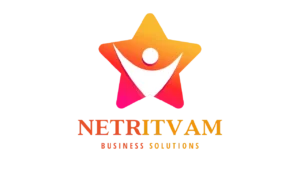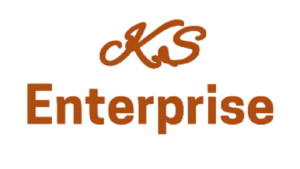Project Synopsis
The fashion industry is a dynamic and rapidly evolving sector of the economy, which includes the production, design, distribution, and retailing of apparel, accessories, and footwear. It depends on constantly shifting consumer preferences, high demand for customization, and short product life cycles. However, the complexities of managing these aspects create significant operational challenges. These challenges have resulted in the introduction of Enterprise Resource Planning ERP Software for fashion industry as a powerful tool for helping fashion enterprises in streamlining processes and minimizing inefficiencies in competition.
Why Do You Need ERP Software for Fashion Businesses?
In the fast-paced world of fashion, where consumer expectations are always changing and trends change quickly, businesses need to be flexible, responsive, and efficient. This is where Enterprise Resource Planning software becomes essential. ERP software for fashion industry improve decision-making, improve processes, and give users the flexibility they need to meet the demands of this dynamic sector. For fashion businesses, it cannot be just a matter of choice anymore; ERP Software for fashion businesses have become the necessity for growth and success.
Strategy
- Business Process Analysis: Conducted a detailed analysis of the client’s supply chain, retail workflows, and customer journey to understand pain points and opportunities.
- Custom ERP Integration: Developed a centralized custom ERP system to unify inventory, order management, and procurement across all physical and online stores. This reduced overstocking and stockouts and ensured real-time stock updates.
- Personalized CRM Platform: A custom CRM solution was built to capture customer data, analyze buying patterns, and automate marketing campaigns. Features included loyalty program management, targeted promotions, and abandoned cart follow-ups.
- Business Intelligence: Dashboard An integrated BI dashboard allowed leadership to monitor KPIs, customer trends, and sales performance across all channels, enabling data-driven decisions.
- Mobile Sales & Inventory App: A mobile app was introduced for store managers and staff to access live inventory, process sales, and assist customers with out-of-stock items by placing online orders directly.






















